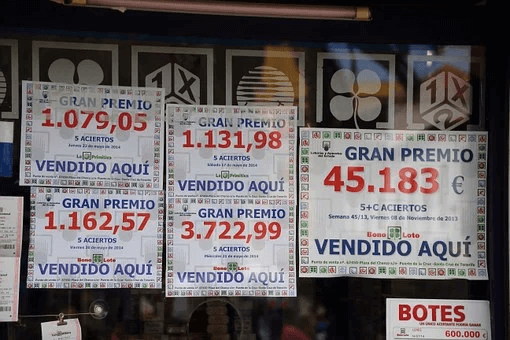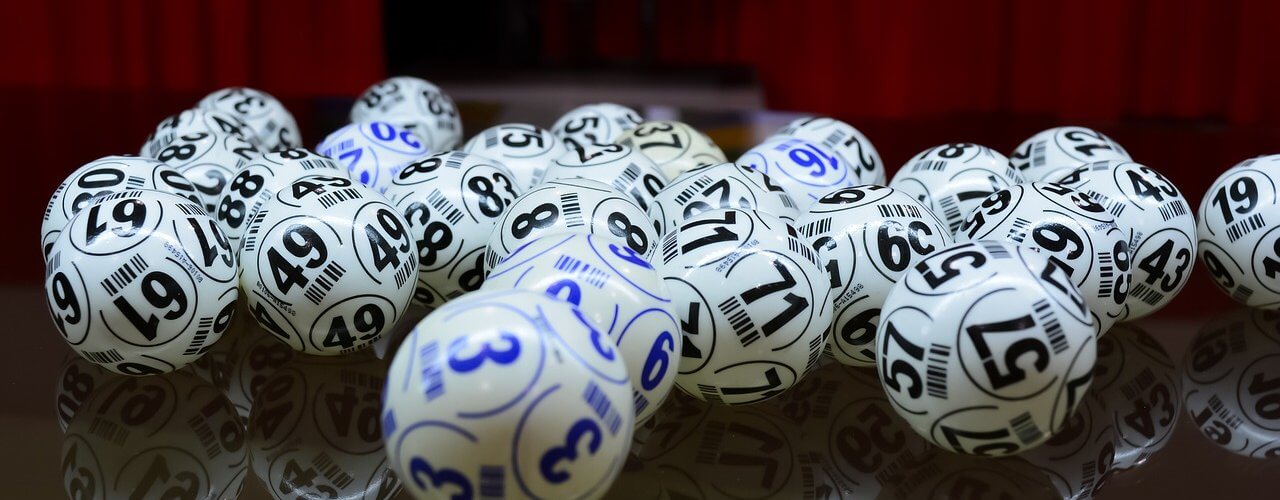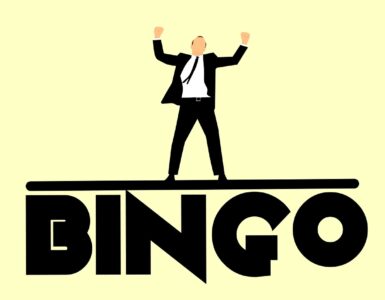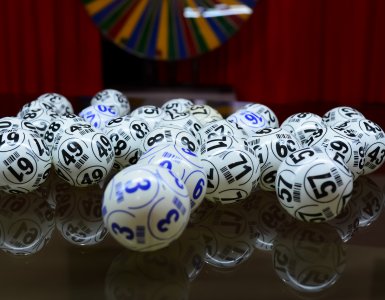Those who bet on lotteries today that are happening on the other side of the world have no idea how it has evolved over the centuries. The game earned its name in the 15th century as a derivation of the Dutch word for ‘fate’: a lot. Not by chance, the oldest lottery operating today is the Dutch National Lottery.
In this article, we’ll trace this ages-old form of gambling to its origins so that we can understand how it became what it is today.

A Lot To Think About
The internet has freed lotteries from geographic constraints. Now, we don’t need to be in Europe to be on the Euro Millions, or in the United States, to play the Powerball. Many lotteries, like the ones mentioned earlier, accept bets from all over the world.
You can also find lotteries to be played ar many online casinos. There’s no need for overworking your legs, though. Click here and enjoy the ultimate list of new online casinos where you can find lotto games and see which one – or ones – catch your eye.
An article from 1995 claims to be disclosing “the first large-scale lottery on the internet”, namely Interlotto.li. How was the lotto before the internet, though?
Did You Know?
Interlotto. li may arguably be the “first large-scale lottery” online. However, it wasn’t the first attempt to bring the ancient game to the digital era. Four years before this article was published, Nintendo was moving to turn its Famicom system into an online lottery station.
The futuristic attempt dates from 1991, and if it happened to succeed, it would provide an online lottery service to the whole state of Minnesota. Unfortunately, there was no structure to carry on such a project. Amid fears of fraud and facilitating gambling to children, the idea was dropped still during the testing stage.
A Long Past Offline
Lotto-like games can be found in ancient civilizations, like the Greeks and the Romans. In fact, the game is mentioned in the Book of Joshua, in the Bible. In this passage, Moses organizes drawing lots to distribute lands among the 12 tribes. The lottery was a game for dinner time for the Romans, where lucky guests were awarded gifts.
If the lottery was merely a pastime for the wealthy during ancient times, the game has gained importance since the 15th century. It appears in different countries, around the same time: Belgium, France, different parts of Italy, like Milan and Venice. However, it tends to appear in similar situations: to raise funds to wage war.
Noblemen and kings were already well aware of the house-always-wins rule. According to changes in government or church, the game went back and forth in different countries around Europe. Only in modern times, lotteries were legally established and officially regulated by governments.
Every Man Is Guilty of All the Lotteries He Did Not Rig
Nowadays, lotteries are air-tight when it comes to the solidity of their mathematical model. It hasn’t always been like that, though.
Voltaire, the philosopher, had a knack for winning lotteries, which ” luck ” couldn’t be called. Exploiting a miscalculation of the French model, Voltaire won several times. Voltaire used the fortune to sponsor his intellectual activities and social position.
New Grounds
Voltaire wasn’t the only one to outsmart early lotteries. The mathematical models behind those games must be solid enough to disallow any kind of low blow or unfair advantage. Flaws in the structure can be exploited by individuals or groups of people working as a team. However, lotteries were considerably safer at this point. So, more governments started to pay attention to their potential.
During the 19th century, more governments started to hold regular lottery editions. The Spanish Christmas Lottery, called ‘El Gordo’, became a traditional seasonal game. The example soon spread to other countries and reached the New World. Early references of the game on American soil date from the founding fathers’ time.
More Than One Can Count
It’s almost impossible to find a country that doesn’t have its lottery these days. Lotteries are very profitable and easy to regulate. That’s why well over 100 state-run lotteries are operating worldwide, with countless options of games.
Conclusion

Nintendo’s idea sounded crazy back in 1991, but now our smartphones can offer us much more than the company could ever imagine at the time. There are countless apps and pages where you can play games from pretty much anywhere in the world.
It is amazing how the lottery has evolved and adapted to changing times and technology over the decades – we wonder what the future of lotteries will be! WHat do you think?







Add comment